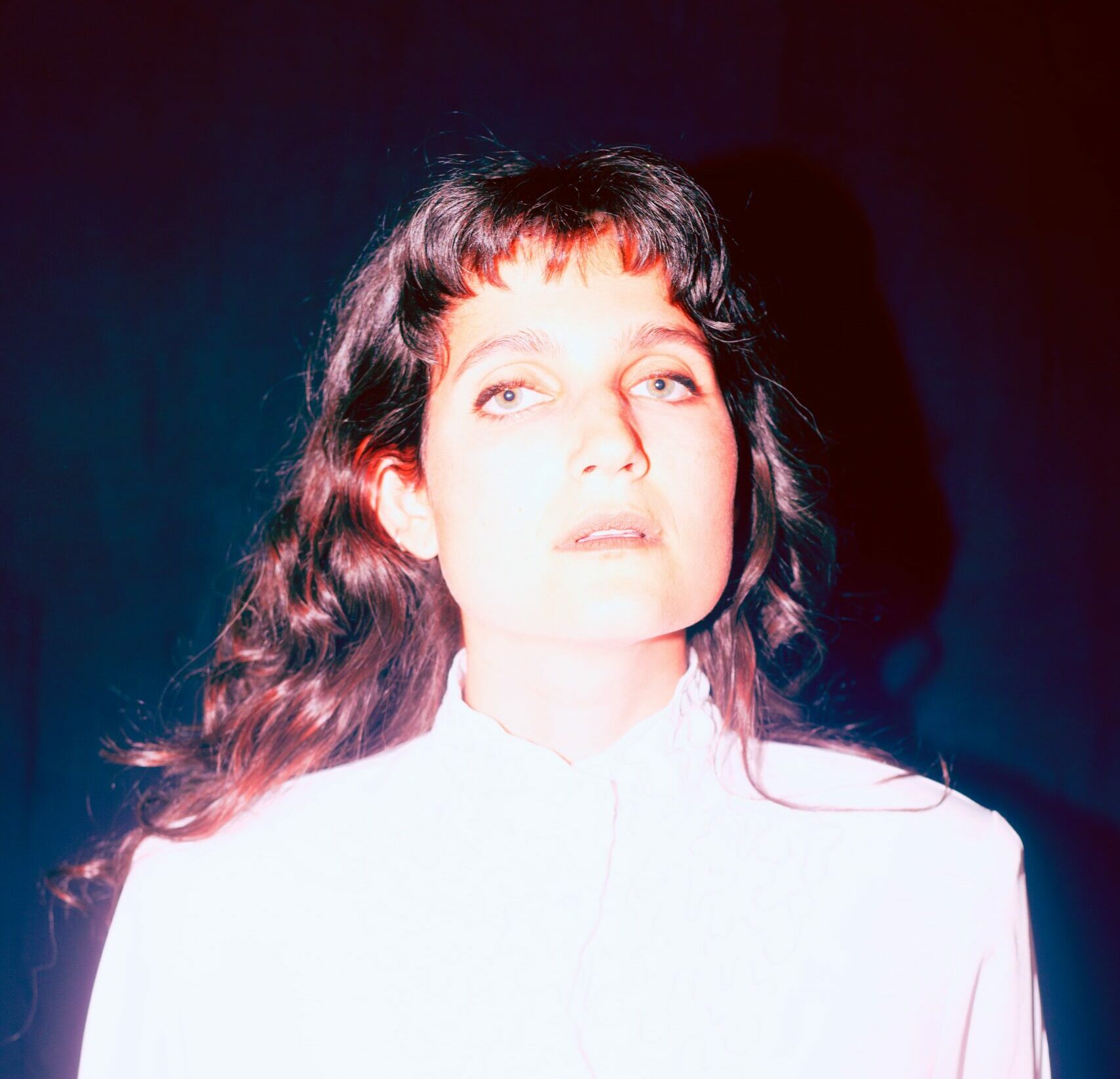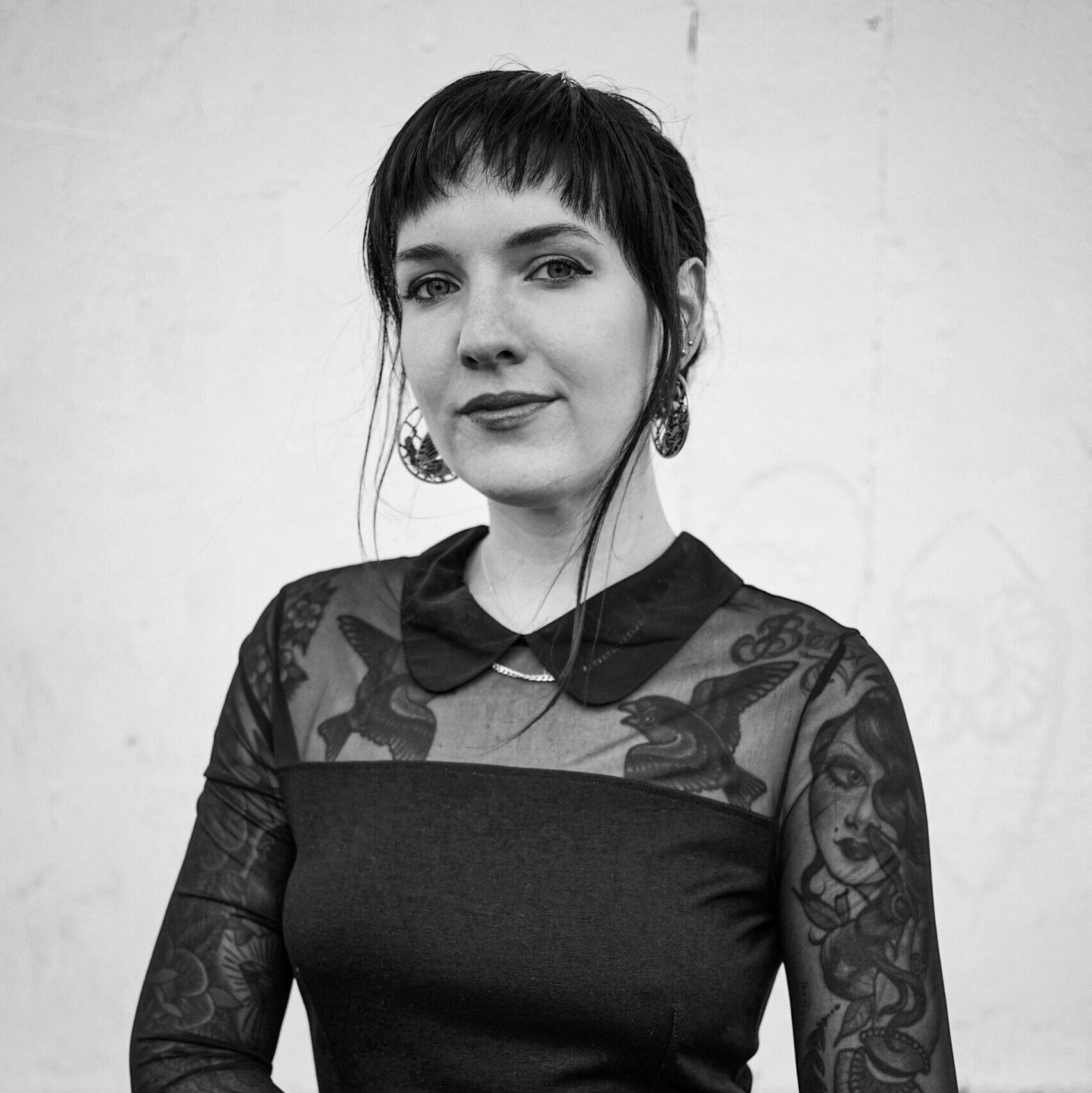I’m four-years-old and my mom is driving my sister and I to preschool; the three of us are singing with Janis Joplin, completely off-key.
The sound flies out of open windows and we’re not worrying about who’s listening. We simply sing along. I’ve loved Janis for as long as I can remember. Now that I’m older, I appreciate her music for its political meaning and personal expression, but as a child, I loved her because she always gave a story for me to follow. From what I could gather from the lyrics, I was able to piece together a story similar to the ones my mom would read to me before bed every night.
Much like Janis, “Arizona,” the single by Lady Lamb, evokes a great deal of childhood nostalgia for me, despite it being such a recent release. Just like the music I was raised on, “Arizona” tells a story — the universal story of growing up — complete with losses, restrictions, and a gradually dulling view of the world.

My childhood memories up to a certain point feel like a kind of bliss — playing in the yard with my friends, putting on pretend plays, and exhausting our imaginations. These memories lasted until my family and I moved to Los Angeles. Everything I’d experienced until that point was swept out from under me. After the move, I was bullied — picked fun at because of my weight, my Iranian heritage, and my visual disability. I struggled to understand why no one wanted to be my friend, why I sat by myself every day and essentially, what they thought was “wrong” with me.
“The first time I heard “Arizona,” I cried for the little girl I lost in myself.”
The move felt like an end to my childhood. I couldn’t become enthralled with my own imagination anymore. I was forced to grow up in a world with concrete ideas of what I should look like, how I should act, and who I should be.
The first time I heard “Arizona,” I cried for the little girl I lost in myself. I cried for the childhood that had been ripped out of my hands by the judgement of others. Growing up is hard for everyone. Maturity breeds more somber experiences as we watch our childhood naivety slip past us.
It was all so lovely
It was all so lovely
It was all so lovely
Lady Lamb evokes picturesque childhood experiences that feel faraway; I can only feel them at the back of my mind, where I can find the first seven years of my life. She follows this imagery with the harsh reality of growing up.
Now, everything around me is connected with string /
All the things in my place and all the thoughts in my brain
And the string is taut and it’s pulling on me /
When I just want to be licking the batter over my childhood sink
The string is tangling me in
Growing up in a society that restricts who you can be, we want to be free more than anything. We want to revert back to childhood naivety and freedom. You can hear this sentiment so clearly in “Arizona” that it feels impossible to do anything but face a lost childhood. And yet, despite how bleak this all feels, the lyrics that follow offer some comfort.
Still time is kindly turning over /
I feel her drying my eyes
Hearing this, Lady Lamb reminds me that growing up is inevitable; that everything will be okay in the end, even if it doesn’t always feel that way. Sometimes, I still cry to Janis Joplin, thinking of the childhood I had cut short. I cry for the child within me that did not get to grow up as slowly as she deserved. But then I remember that on the other end of it all, in my present, I still have memories I cherish. And that I’m stronger now. I feel time drying my eyes.
Soleil Engin is a public policy major at the University of Chicago, where she also helps organize student performance opportunities with the Music Forum. She is passionate about healthcare equality, creating gender inclusive music spaces, and making music with her band, Puddlejumper.


